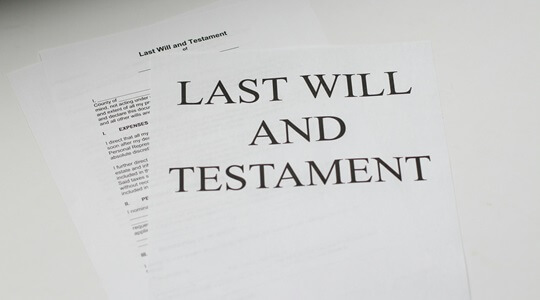The law has long recognised that ownership of assets doesn’t end on death. A deceased person’s estate (and therefore their executor) has the right to continued possession and ownership until their estate can be administered. At law, claims are a type of asset and there are specific provisions in the Law Reform (Miscellaneous Provisions) Act 1944 that preserve claims on death, so what happens to a claim for further provision from a deceased estate if the claimant dies during the proceedings?
This scenario was considered by the NSW Supreme Court in the case of Bowers v Matthews.
In that case, Bob died in 2023 and his alleged de facto Elaine brought a claim for further provision from his estate. The executor reached agreement with Elaine to settle the claim subject to a number of conditions, but Elaine died before those conditions could be satisfied. Bob’s executor applied to have the proceedings dismissed and the court was therefore required to consider whether Elaine’s claim could continue.
The court considered the Succession Act, the Law Reform (Miscellaneous Provisions) Act 1944 and previous legislation and noted that each of the relevant Acts discuss the claim and the claimant in the present tense. More relevantly, the Acts require the court to consider the claimant’s circumstances at the time of judgment rather than at the time of the deceased’s death or at the time the claim is brought. In circumstances where Elaine was deceased, the court could not be convinced that the provision made for her was inadequate to meet her needs and therefore it would not be possible for the court to make an order for further provision.
The court was not persuaded that the provisions in the Law Reform (Miscellaneous Provisions) Act 1944 could save the claim, noting that a claim for further provision is a personal right of action that cannot be transferred to someone else.
The court therefore had no option but to dismiss Elaine’s claim.





